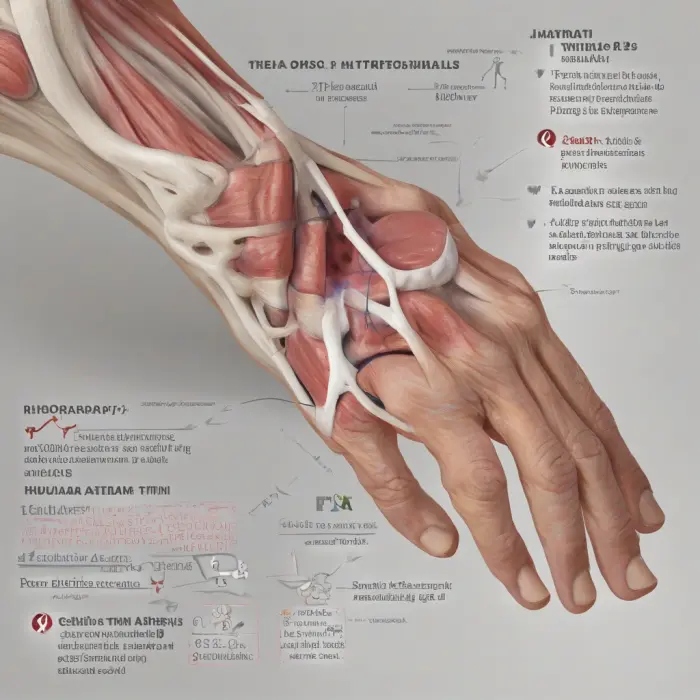The Importance of Hygiene Practices for Preventing Illness
Hygiene plays a critical role in maintaining a healthy and disease-free life. It is not just about personal cleanliness, but also extends to the cleanliness of our surroundings. Proper hygiene practices can significantly reduce the risk of illness and protect one's overall health. This article aims to delineate the significance of hygienic habits in disease prevention.
Hygiene and Disease Prevention
Germs are everywhere. They are on the surfaces we touch, the air we breathe, and the food we consume. These germs, which may be bacteria, viruses, fungi, or parasites, are the leading causes of various contagious diseases. However, good hygiene practices can keep most of these harmful microorganisms at bay.
Hand Hygiene
The most fundamental hygiene habit that we can develop is handwashing. Key moments for handwashing include but are not limited to before and after meals, after using the restroom, upon returning from public places, and after sneezing or coughing. The Centers for Disease Control and Prevention (CDC) advocates that handwashing for at least 20 seconds with soap and water can kill most pathogens and thereby, prevent infections.
Food Hygiene
Food hygiene is another vital part of maintaining good health. Consuming unhygienic or contaminated food can lead to foodborne diseases such as salmonella, E.coli and norovirus infections. Basic practices like washing fruits and vegetables, safe handling and storage of meat, and thorough cooking of food can safeguard against these health issues.
Environmental Hygiene
Maintaining a clean environment is just as crucial as personal cleanliness. This extends to the cleanliness of our homes, workplaces, public transit, and all communal spaces. Regular cleaning and disinfection of these areas can significantly reduce germ contamination and the subsequent risk of disease spread.
The Role of Hygiene in Pandemic Situations
Pandemics like the ongoing COVID-19 crisis highlight the paramount importance of hygiene practices. Wearing masks, maintaining social distancing, and frequently sanitizing hands and surfaces are some of the imperative actions that can slow down the spread of the virus.
Conclusion
In conclusion, hygiene is a fundamental and effective tool in combating diseases. It is not just an individual responsibility, but a collective one; as good hygiene practices not only protect us but also those around us. Emphasizing the value of cleanliness and following a disciplined hygiene routine can contribute vastly to a healthier and safer society.










